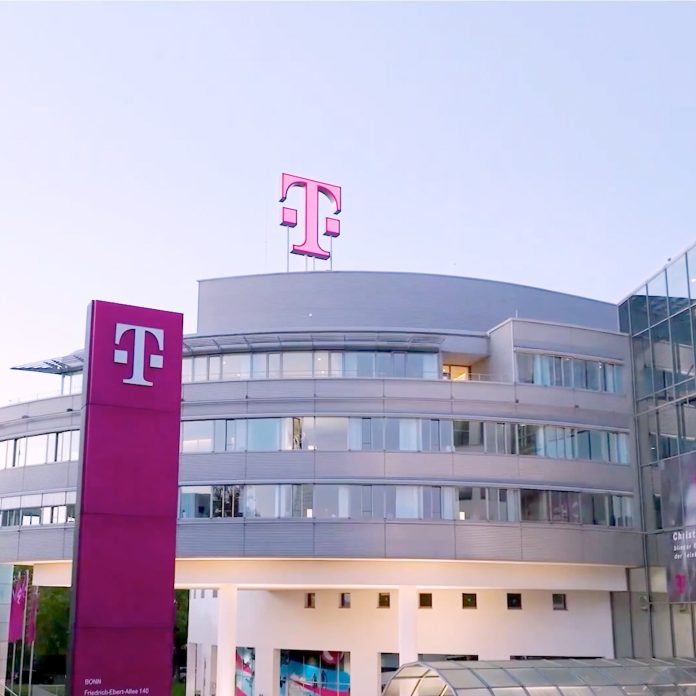On this page: Opportunity | Solution | Impact
Empowering Telecom Employees with Hyper-Personalized AI-Powered Training Tools
In the competitive telecom industry, providing exceptional customer service is crucial for retaining customers and ensuring business success. Deutsche Telekom, a leading telecom giant, recognized the need to enhance the skills of its call center and field service agents to deliver a superior customer experience. Traditional learning programs were falling short in meeting the individual needs of employees, leading to performance variations and impacting customer satisfaction.
The Opportunity
Giving individuals the skills they need, when they need them
With a customer base of over 23.5 million private customers, 2.4 million SMEs, and 300,000 organizations, Deutsche Telekom understood the importance of efficient customer interactions. To address the challenges of personalized learning, the company sought a solution that leveraged advanced technology to transform coaching and training across the organization.
McKinsey partner Nicolai von Bismarck highlighted the need for tailored lessons for each agent, likening it to having a personal trainer guiding individuals based on their unique needs. This shift from standardized to personalized learning was crucial in elevating customer service excellence.
Partnering with QuantumBlack and AI by McKinsey, Deutsche Telekom embarked on a journey to create a digital capability model that could cater to individual employee needs. By utilizing data-driven insights and advanced technology, the company aimed to bridge silos, improve training effectiveness, and enhance the overall customer experience.
The Solution
Building an AI engine powered by millions of pieces of data
The transformation began with a diagnostic phase to analyze data and identify skill gaps. By combining call data, field service metrics, customer feedback, and KPIs, Deutsche Telekom could personalize learning interventions for each employee. Understanding the unique needs of agents was crucial in developing a robust AI engine that could offer tailored training programs.
A four-month MVP phase followed, focusing on building, testing, and refining the digital learning and coaching engine. This AI-powered platform provided transparency on performance, personalized learning interventions, and real-time monitoring of employee progress. The goal was to shift from generic training to hyper-personalized solutions that drive performance improvement.
Deutsche Telekom’s Senior Vice President, Peter Meier van Esch, emphasized the challenge of translating data into actionable insights and effective training programs. By integrating the AI engine into employees’ workflows, the company aimed to provide a seamless learning experience that could be scaled across all business units.
The Impact
Better customer outcomes and greater employee satisfaction
The implementation of the digital-based learning and coaching engine resulted in a 14-point increase in customer satisfaction, showcasing the positive impact on customer loyalty. By empowering employees with personalized training plans and real-time feedback, Deutsche Telekom saw a significant improvement in service quality and operational efficiency.
Deutsche Telekom’s SVP, Peter Meier van Esch, highlighted the transformation in employee confidence and customer interactions, leading to higher satisfaction levels. The company’s focus on continuous learning and development has not only enhanced performance but also fostered a culture of innovation and excellence.
Conclusion
By leveraging advanced technology and data-driven insights, Deutsche Telekom successfully transformed its training and coaching programs, leading to improved customer outcomes and employee satisfaction. The shift towards hyper-personalized learning solutions has not only enhanced operational efficiency but also positioned the company for continued growth and success in the competitive telecom industry.
FAQ
Q: How did Deutsche Telekom identify individual skill gaps?
A: By combining call data, field service metrics, customer feedback, and KPIs, the company analyzed millions of pieces of data to identify specific skill gaps and provide tailored learning interventions.
Q: What was the key challenge in implementing the AI-powered training engine?
A: The main challenge was translating data into actionable insights and personalized training programs that could be seamlessly integrated into employees’ workflows.
Q: What impact did the hyper-personalized training approach have on customer satisfaction?
A: The implementation of the digital-based learning and coaching engine resulted in a 14-point increase in customer satisfaction, demonstrating the positive impact on customer loyalty and service quality.


